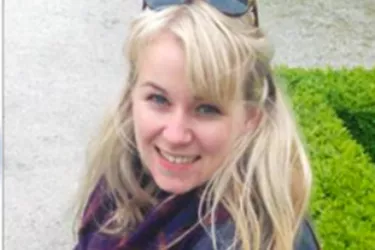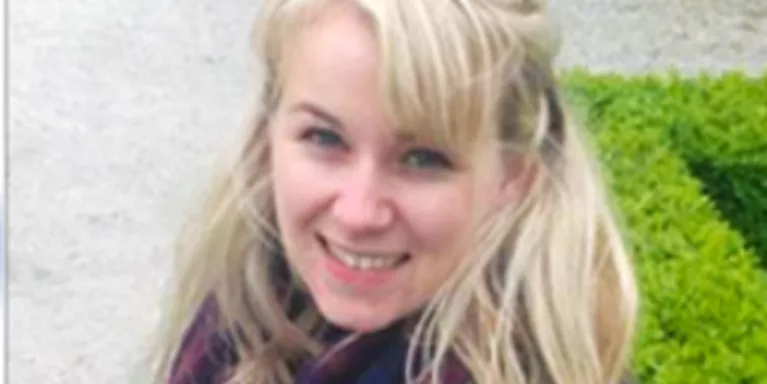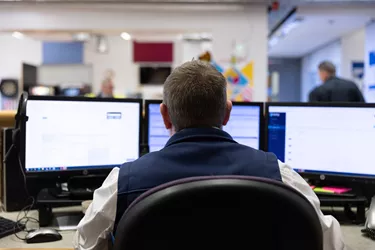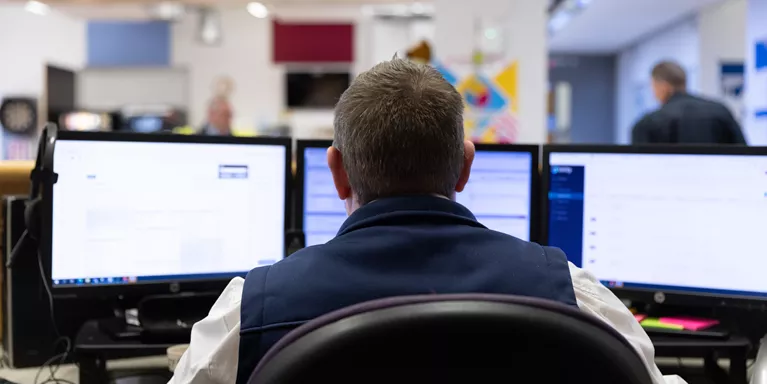We need support, not sanctions
Catherine explains why she has produced her new report about back-to-work programmes for people on ESA.
Today, the report into Employment and Support Allowance (ESA) that I’ve spent much of the last year producing has been released. I have looked at the experience of sick and disabled people like myself, subjected to an aspect of ESA policy that was meant to empower us, lift us out of poverty and include us in society. That is, the creation of the Work Related Activity Group (WRAG), where engaging with back-to-work schemes is a condition of receiving sickness benefit. We know from the job outcomes of the main scheme - the Work Programme - that this laudable aim has failed catastrophically: Just 5% of people in the WRAG found work since 2011.
I did this project, despite the cost to my own health, to give people on ESA a voice. No one inside government seems to be taking an interest in the real reasons for this policy failure, or its impact on our lives. I also did it, I’ll admit, out of self-interest. Just because paid work is a world away for me, doesn’t mean I don’t want to broaden my horizons and learn new things like everyone else. This research was a way for me to create my own work experience, developing research skills at the snail’s pace imposed by my health condition, because normal work experience opportunities are out of my reach. But although it was my idea, without the generous support of both the Centre for Welfare Reform and Mind, it would not have come this far.
I didn’t set out to be an undercover agent but I have been living two parallel lives over the past months. Finding my feet as a researcher and campaigner has often stood in impossible tension with navigating the Work Programme and the DWP as a service user. In one life I was motivated and entrepreneurial, in the other I apparently needed prodding and reprimanding to stir me from my languor and aversion to work.
In 2011 I was put in the Work Related Activity Group on ESA which means I’m not ‘Fit for Work’. My condition – ME/CFS means my body and brain operate as though on a battery that can only hold a tiny charge. I’ve done this research working from home, often lying down, a few hours a week, in between the frequent and unpredictable relapses and flare ups that leave me incapacitated. The report took me three or four months to write whereas an able-bodied person would have taken two or three weeks.
‘Work’ - in the sense of holding down in employment – for me is clearly fanciful. But “work-related activity” I interpreted with optimism. After all, with a fair bit of ingenuity I’ve found a way of being a disabled single mum. The list of things I can’t do that normal mums can is too long to mention. But I outsource, I compensate, I cajole and persuade, and most of all, I give 100% of my guts and passion to the job. As a result, there is no question in my children’s minds that I’m not their mum. If I could achieve that with parenting, perhaps I could do the same with work, I thought.
So when was placed in the WRAG I put my faith in the DWP. I thought they must have a plan for people like me. I wasn’t prepared for the experience of being cast as worthless and feckless and for the force of this assault on my self-esteem and wellbeing.
At my first back-to-work “support” meeting at the Jobcentre my adviser interrogated me for fraud on the basis of allegations that she made up as she went along. Reduced to tears, I pleaded with her to understand her how much I wanted to work and how I’ve tried every treatment possible to get better with no success. She said I just had to try harder to recover or my benefits would be stopped.
Then I was referred to the Work Programme. It was totally inflexible, impersonal, and seemed geared mainly to instil punctuality and curtail any sense of control over your time. For someone who can only get through the parenting day with military-style planning and pacing that kind of regime, accompanied by the threat of losing your benefits, is stressful beyond words. When I was too sick to attend I was labelled a failure; when I was too exhausted to stand in a queue to sign in on time I was left in a breathless heap in the hallway risking sanctions for being late.
I developed a terror of this brutal and faceless system, and began to have symptoms of panic whenever I had to deal with it.
The real reason for the policy failure for the WRAG is that the system presumes that our character, morals and attitudes are holding us back from work, not our disability. My research found that people’s health conditions or impairment were simply whitewashed. Once they entered the WRAG no reference to the report that found them not ‘Fit for Work’ was made. It is little wonder that so few people on ESA are referred to specialist services from organisations with expertise in supporting disabled people into work. Disability, and the related issue of society’s responsibility for access and inclusion, are not even on the agenda.
Most shockingly, from a free text box at the end of the survey, a flood of testimonies came in that my questions hadn’t quite captured. Almost all of the 250 or so submissions reported feeling bullied, intimidated, demeaned, terrified about being sanctioned unjustly and, not uncommonly, suicidal.
Despite the tensions, writing this report has really helped me resist the onslaught to my mental health of being on in the WRAG and on the Work Programme. It’s helped me transform my individual feelings of stigma and shame into a sense of outrage at the injustice suffered by a whole section of society.
But while it’s been great for my personal development and wellbeing, it has also reinforced for me how difficult formal employment would be. What my report shows is that people on ESA need specialist and understanding support to overcome the barriers caused by their health, the attitudes of society and employers, and the lack of appropriate and adaptable jobs.


Our campaigns
We'll fight your corner. We believe everyone with a mental health problem should be able to access excellent care and services. We also believe you should be treated fairly, positively and with respect.
Share your story with others
Blogs and stories can show that people with mental health problems are cared about, understood and listened to. We can use it to challenge the status quo and change attitudes.

















